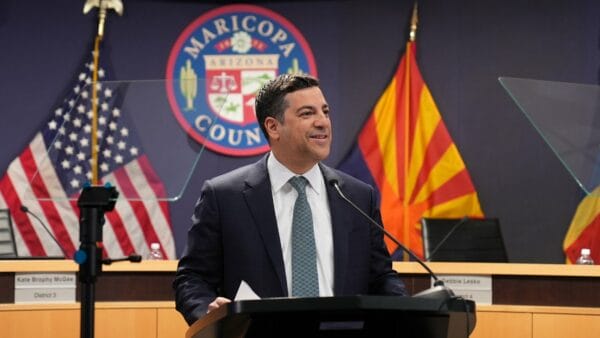House
Donald Trump’s Tax Returns
A yes vote was to quash a Democratic bid to require public disclosure of presidential candidates’ tax returns.
Voting 235 for and 180 against, the House on Dec. 1 blocked a parliamentary tactic by Democrats that sought to advance legislation requiring major-party presidential candidates to publicly release their personal tax returns for the three preceding years. It was noted in debate that in the campaign just ended, Republican Donald Trump refused to disclose his returns and Democratic hopeful Bernie Sanders released only a summary of one year’s return. The vote occurred during consideration of the 2017 military budget (S 2943).

Weakened Rules for Mega Banks
A yes vote was to send the bill to the Senate, where it was dead on arrival.
The House on Dec. 1 voted, 254 for and 161 against, to weaken rules that subject the nation’s largest financial institutions to increased Federal Reserve oversight and enhanced capital standards aimed at ensuring their solvency. At present, these extra layers of regulation are applied to bank holding companies with at least $50 billion in assets. Under this GOP-sponsored bill (HR 6392), a five-part formula — focusing only partly on assets — would be used to determine which large institutions receive special scrutiny by federal regulators. This is the 13th bill the House has passed this year to block or repeal financial regulations, none of which has cleared the Senate.

Biomedical Research, FDA Drug Approval
A yes vote was to send the 21st Century Cures Act to the Senate, where prompt approval was expected.
Voting 392 for and 26 against, the House on Nov. 30 passed a bipartisan bill (HR 34) that would expand the National Institutes of Health budget for biomedical research; speed Food and Drug Administration procedures for bringing new drugs and devices to the market; expand Medicare and Medicaid coverage of mental-health care and fund state and local programs to deal with opioid addiction. The bill authorizes more than $6 billion over 10 years in discretionary spending and raises spending for entitlement programs.

Fetal-Tissue Research
A yes vote was to increase the budget of Select Investigative Panel on Infant Lives.
The House on Dec. 1 voted, 234 for and 181 against, to add $800,000 to the budget of a special House committee now investigating any nefarious associations between legal abortions and fetal-tissue research. A yes vote was to increase spending for the Select Investigative Panel on Infant Lives.
A yes vote was to increase the budget of Select Investigative Panel on Infant Lives.

Senate
Sanctions on Iran
A yes vote was to send the bill to President Obama for his signature.
Voting 99 for and none against, the Senate on Dec. 1 sent the White House a bill (HR 6297) that would extend for 10 years, until Dec. 31, 2026, the legal foundation for any number of American economic sanctions on Iran. In part, the bill authorizes present and future Congresses and administrations to take steps to block foreign investment in Iran’s energy sector, denying Iran revenue for funding international terrorism. The bill also renews authority for the U.S. to “snap back” sanctions on Iran if Tehran were to violate the nuclear-disarmament agreement it signed last year with the U.S. and four other world powers.









